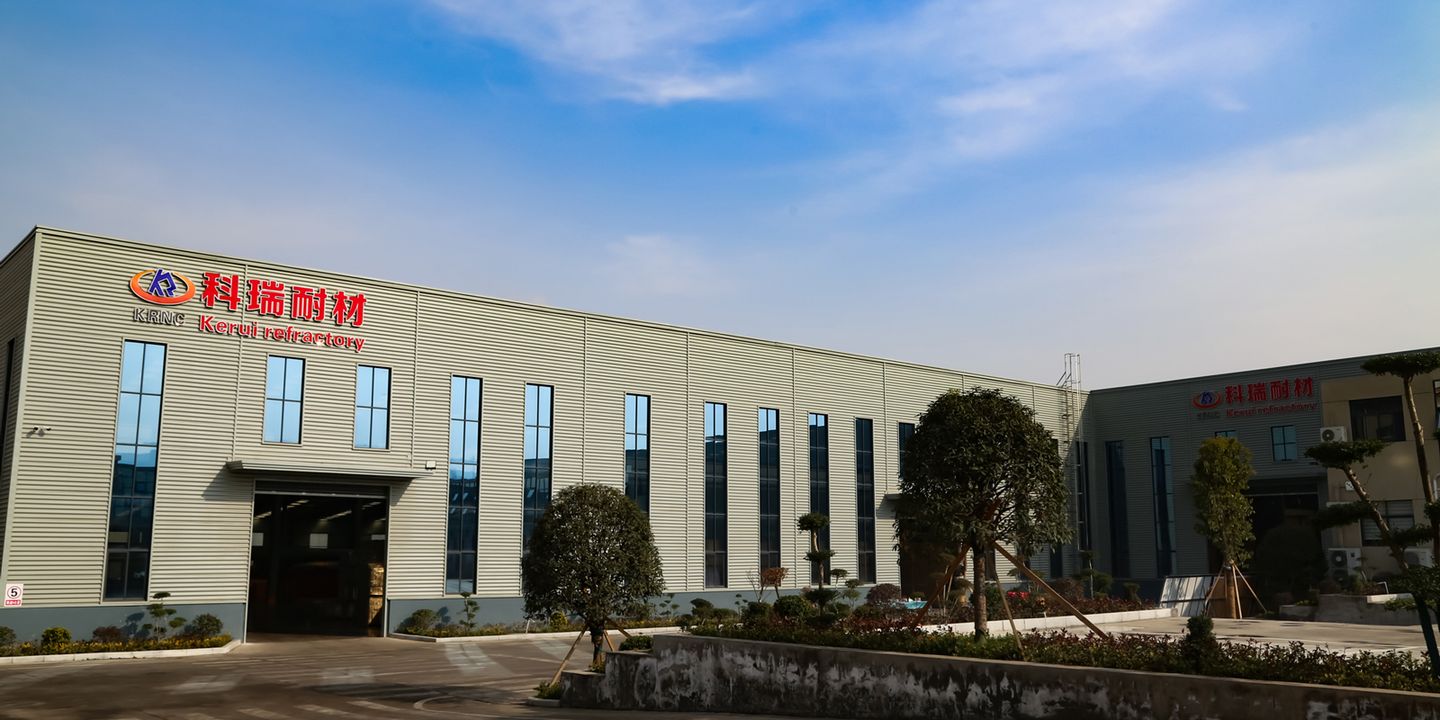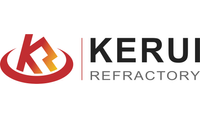

Understanding Refractory Bricks Specification
That is an excellent comprehensive guide to the key aspects of refractory brick specifications. Refractory bricks indeed play a critical role in industries that involve high temperatures and harsh conditions. By understanding and considering the various specifications, industries can make informed decisions when selecting refractory bricks for their specific applications.
Composition
The material composition of refractory bricks is fundamental to their performance. Different refractory bricks properties, such as fire clay, high alumina, silica, magnesia, and zirconia, offer unique properties that make them suitable for specific temperature conditions and applications.
Alumina Content
The alumina content is a crucial classification parameter for refractory bricks. Ideal high alumina refractory bricks for high-temperature and abrasion-resistant applications. Fire clay bricks are cost-effective and provide good thermal insulation for lower temperature applications. Insulating bricks, made from lightweight materials, excel in insulation properties and energy efficiency.
Thermal Conductivity
Thermal conductivity is an essential specification as it determines the brick's ability to withstand and conduct heat. Low thermal conductivity is desirable for insulation purposes, ensuring stable temperatures within industrial processes. Insulating bricks, with their lower thermal conductivity, are particularly effective in this regard.
Refractoriness Under Load
Refractoriness Under Load (RUL) is a key parameter that indicates a refractory brick's ability to withstand elevated temperatures without deformation under a specific load. This specification is crucial for applications where maintaining shape and structural integrity is essential. Find more details: https://krref.com/alumina-silicon-carbide-brick/.
Abrasion Resistance
Abrasion resistance is vital for refractory bricks in environments with mechanical wear. Bricks with high abrasion resistance can withstand the harsh conditions of kilns, furnaces, and similar applications, ensuring their longevity and performance.
Chemical composition and corrosion resistance are significant considerations for refractory bricks. The bricks must be able to resist chemical corrosion from gases, liquids, and solids present in industrial processes. The specific chemical composition, including the presence of different oxides, determines the brick's resistance to corrosive environments.
By carefully evaluating these specifications, industries and refractories manufacturers in China can select the most suitable refractory bricks for their specific needs. This ensures the longevity, efficiency, and safety of refractory systems in high-temperature industrial processes.
